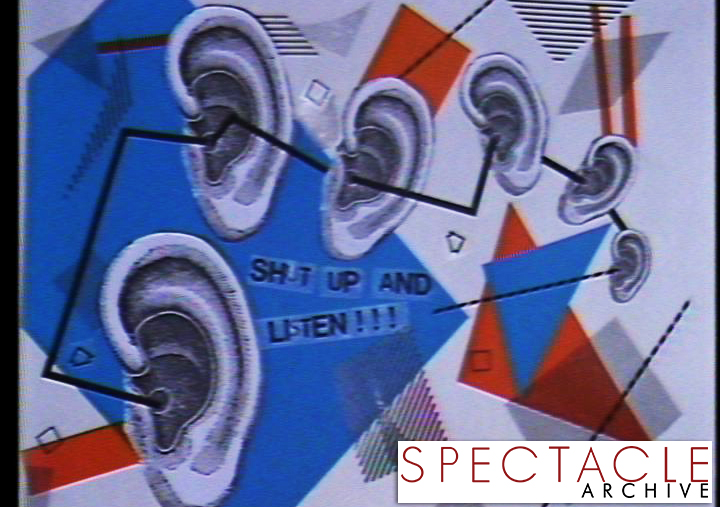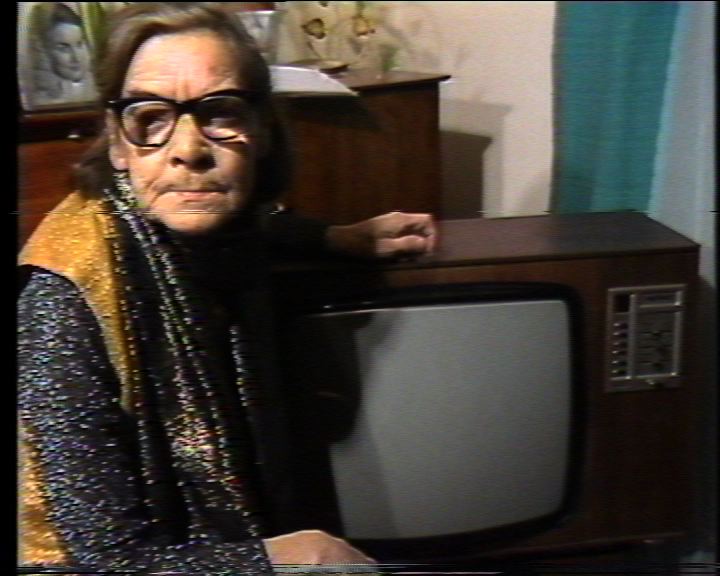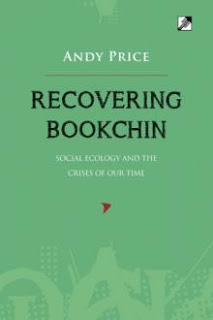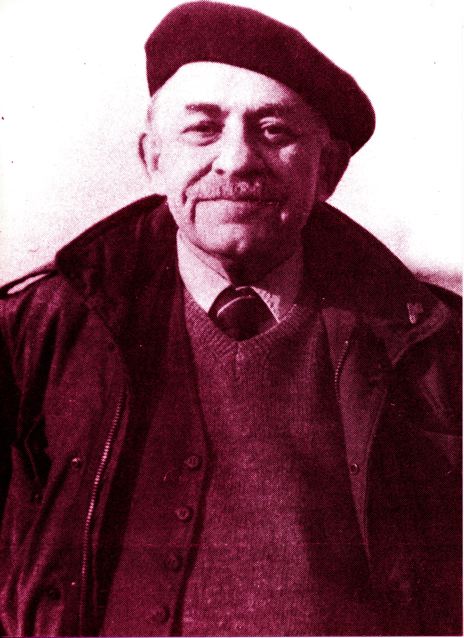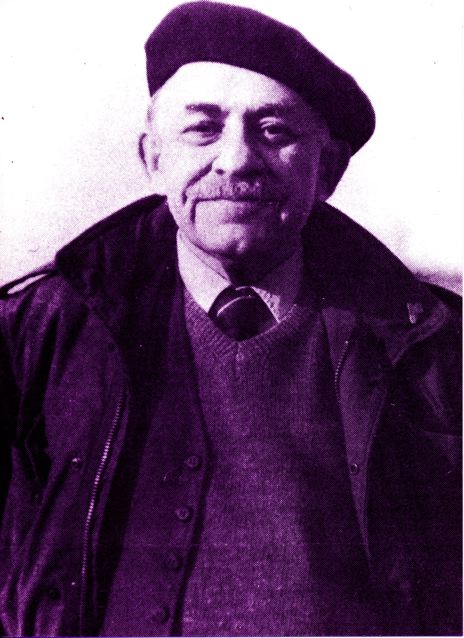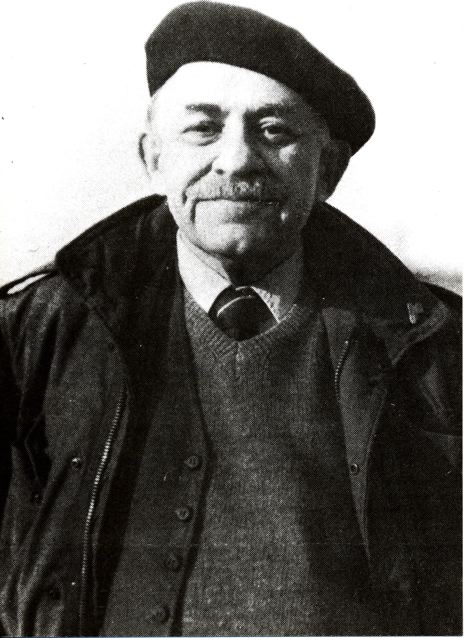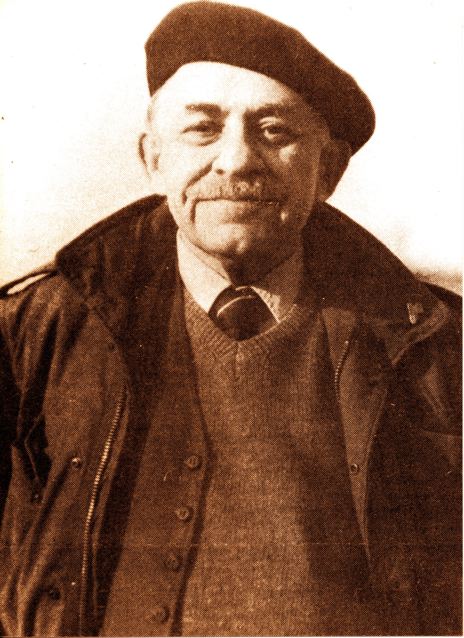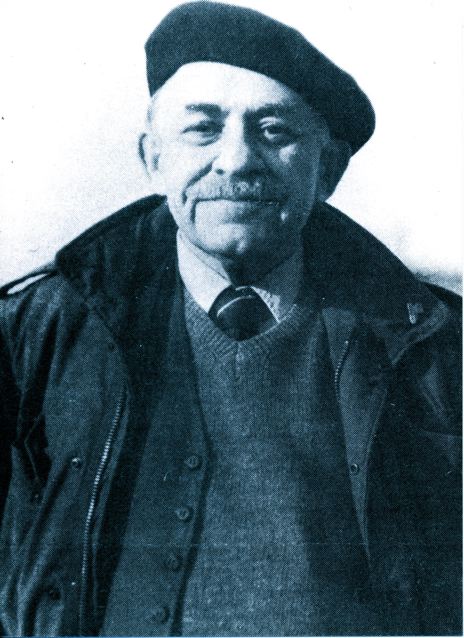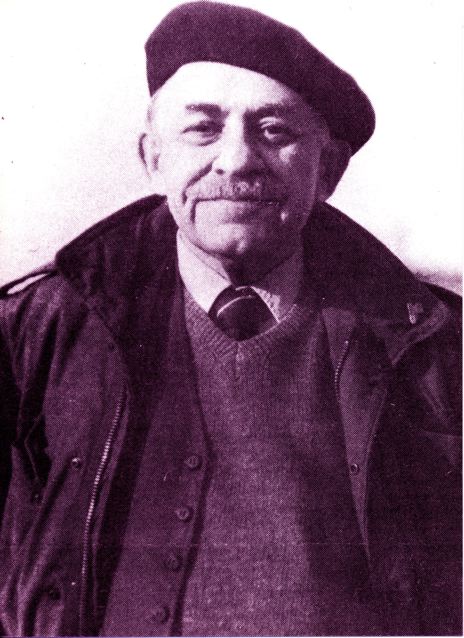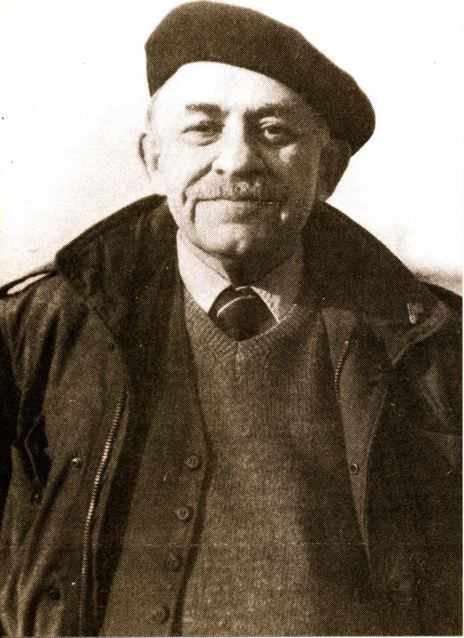
Video Libraries
For the first time Spectacle is making the entire Despite TV magazine series available. This release is the first of several Video Libraries we will be putting out on Vimeo On Demand over the coming months. These libraries will use the Vimeo’s series format to curate selections from Spectacle’s back catalogue, grouping together finished films with previously unreleased archive material. We will be releasing Video Libraries on Murray Bookchin, the Exodus collective and Battersea to name a few.
Despite TV
Despite TV was an video group founded in 1982. The group operated out of the Tower Hamlets Arts Project on Whitechapel Road East London and produced video magazines that explored local issues, showcased local talent and promoted community organisations. Despite TV covered issues that have shaped the political, social and topographical landscape of London in profound ways. Despite TV documented and commented upon events such as: the dissolution of the Greater London Authority (GLC), the London Docklands Development Corporation (LDDC) taking over the old docks to turn them into an annex of the City, and the transformation of Brick Lane from a National Front stronghold to the Bengali street we know today.
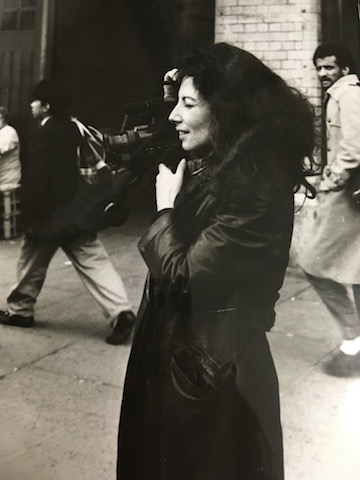
The films are not all slick productions but they make up for this with creativity and anarchic energy. Despite TV’s magazine shows were made at a time when video was far from ubiquitous and there is a feeling of excitement, a sense of discovery and possibility that underpins all the films. A typical episode moves from a report on a nurses strike to a situationist dissection of a Big Mac to a local band performing and then on to a short film about a toucan reminiscent of Chris Markers work.
The episodes in this series give insight into political events large and small, from enormous development projects to campaigns for more cycle paths to protests against Page 3. The breadth of events covered gives the series the feeling of a time capsule, giving insight into the political and cultural mood of England in the 1980’s and early ’90s.


